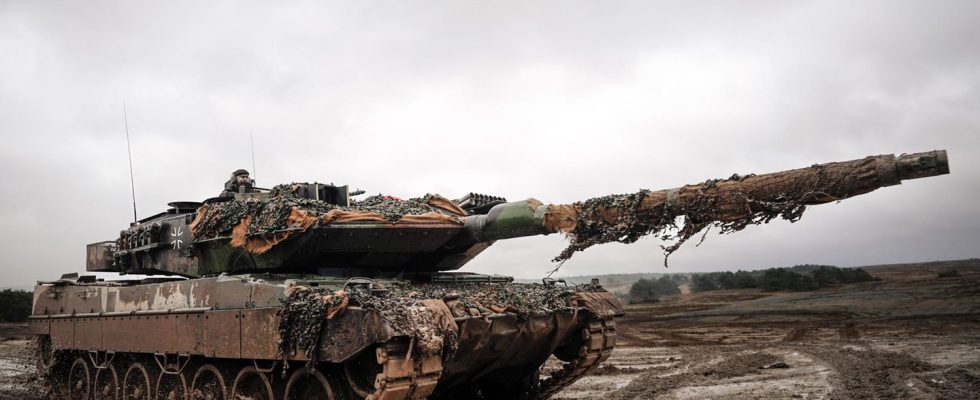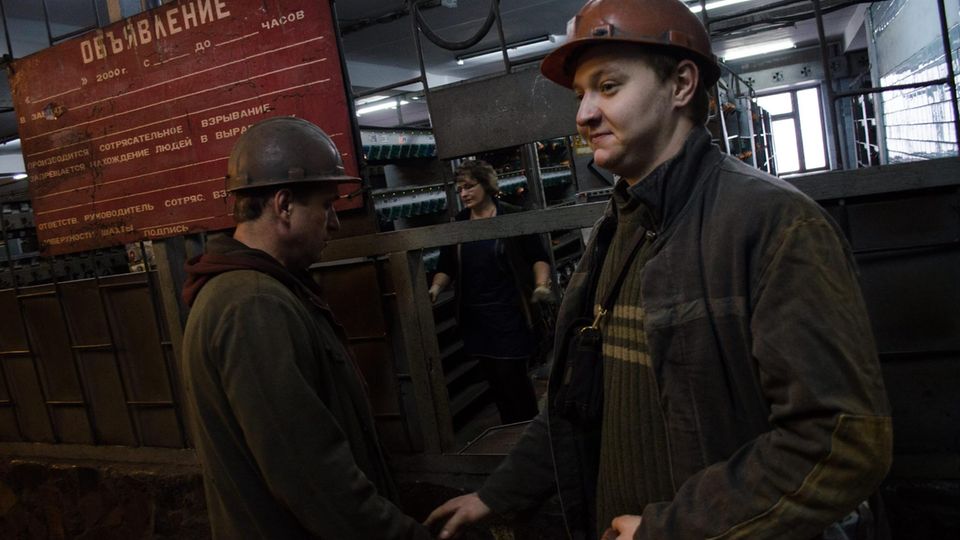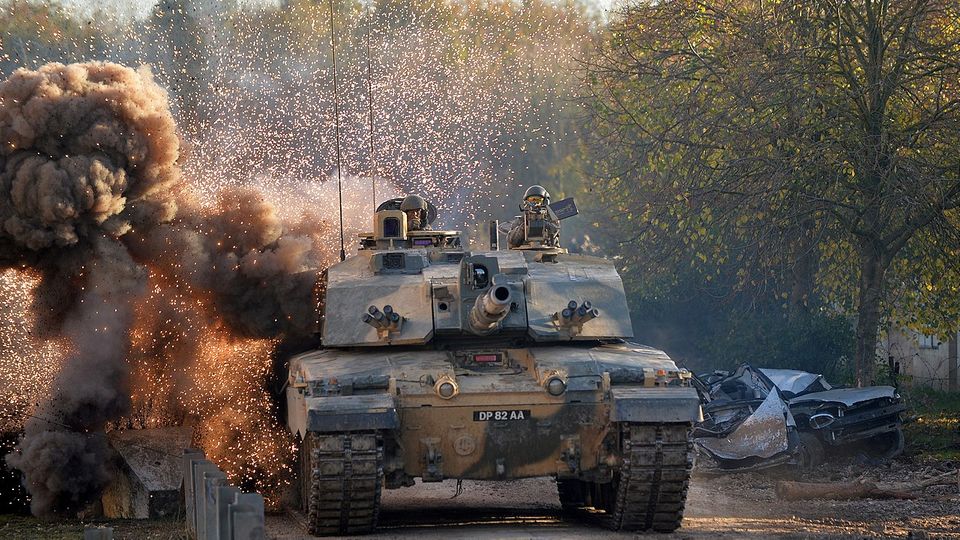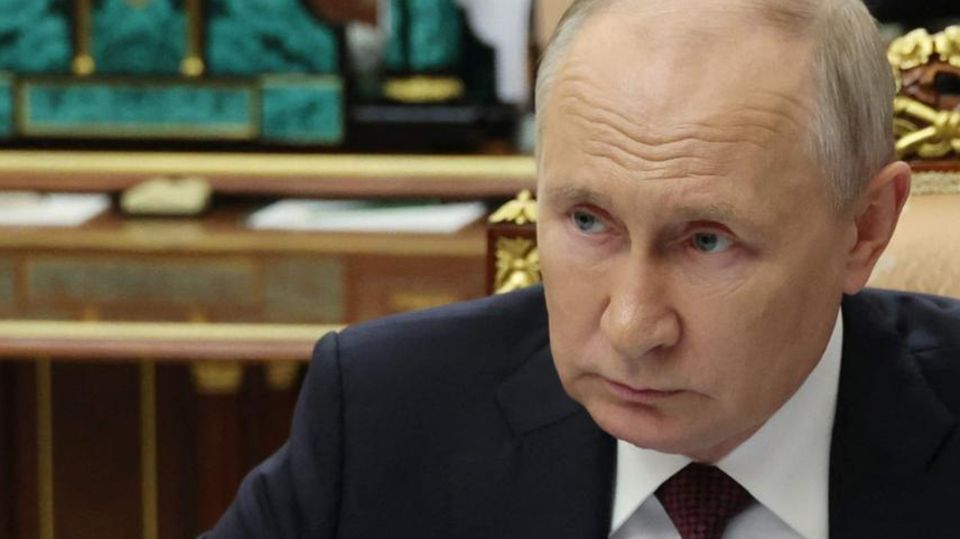Armament
Lack of raw materials – no NATO grenade without Beijing’s minerals
The penetrator of the Leopard’s 120 mm cathode gun is made of a special tungsten alloy.
© Jens Krick/ / Picture Alliance
The West wants to arm itself and stand up to Putin. But without the old colonial empires, the EU states hardly have any raw materials anymore – China’s dominant position in minerals such as antimony is particularly bitter. On top of that, supplies from Putin’s mines must be compensated.
The EU states want to arm themselves. The company’s own stocks of weapons and ammunition are to be increased. Gaps left by aid to Ukraine must be filled. Last but not least, the war continues, so Kiev needs a constant flow of weapons and ammunition. Arms production should therefore be massively ramped up. The only question is: is this even possible? Regardless of costs and political will, there is a very tangible obstacle: there is a lack of raw materials. Armaments not only require common ingredients such as iron, but also a number of rare minerals.
Hardly any funding in the EU
These valuable ingredients are only obtained to a very small extent in the EU countries. The yield cannot simply be increased at the push of a button. The result: costs explode without significantly more material being mined. The USA has the same problem. Antimony is of central importance in armour. It is used for metal alloys, for example in hardened ammunition, but also in numerous electronic devices. Although the USA has its own deposits, the last US mine had to close in 1997. “There is no domestic mine for antimony,” according to the 2020 U.S. Geological Survey report. “China is the largest producer of mined and refined antimony and a major source of imports for the United States.”
The largest deposits are in China – followed by Russia and Kyrgyzstan. China and to some extent Russia have dominated the market. In principle, there are also other countries with state reserves, such as Australia and Bolivia, but their funding is not sufficient. In the USA, Congress now wants to increase the strategic reserve of rare earths using government resources. In a risk assessment, the German Federal Institute for Geosciences and Natural Resources writes that the Chinese share of global production was around 74 percent in 2011, followed by Russia and Kyrgyzstan. For tungsten it was 84 percent in the same year. Beijing’s dominant position is further strengthened as Chinese companies invest in foreign mines or take them over entirely.
China dominates the world market
To put it bluntly: Without China’s goodwill, there is no grenade for the leopard. Only with this one mineral does it become clear what shaky foundations the Western armament plans stand on. The problem is even more urgent in the EU because it is not possible to extract many raw materials on its own territory. Jiří Hynek, head of the Association of Czech Arms and Defense Industries, told EURACTIV portal: “Most of the raw materials needed for the production of military products are not mined or only mined to a small extent in EU countries.”
In fact, it has always been that way. But during the phase of colonialism, Europeans dominated almost the entire world. During the Second World War, the Allies were able to plunder the earth’s raw materials as they saw fit. Those days are over today. Dependence on the world market begins with banal raw materials such as cellulose, important for the production of gunpowder. Body armor cannot be made without synthetic rubber. He in turn comes from Asia and especially from China. “Some manufacturers have relocated their production directly there,” says Hynek.
Compensate for Russia’s failure
Europe’s defense industry is facing a special challenge. Until the war, aluminum, platinum, palladium and rhodium came primarily from Russia. Now we not only have to cover the additional needs of rearmament and war, but also compensate for deliveries from Russia. And this is where the defense and other industries compete against each other. Only a small proportion of minerals and rare earths are traded freely on the market. Long-term contracts are typical. This means that the majority of future production has already been sold years in advance. Anyone who comes late has to fight for the small free share.
Unfortunately, Putin’s arms manufacturers will have fewer problems meeting their needs. The bottlenecks and difficulties mentioned also show how important early and long-term political decisions are. It would be foolish to assume that production would get off to a brisk start when a week in advance there was finally a “Go!” comes from Berlin.
Source: Defense News, German Raw Materials Agency (PDF), Euractiv





